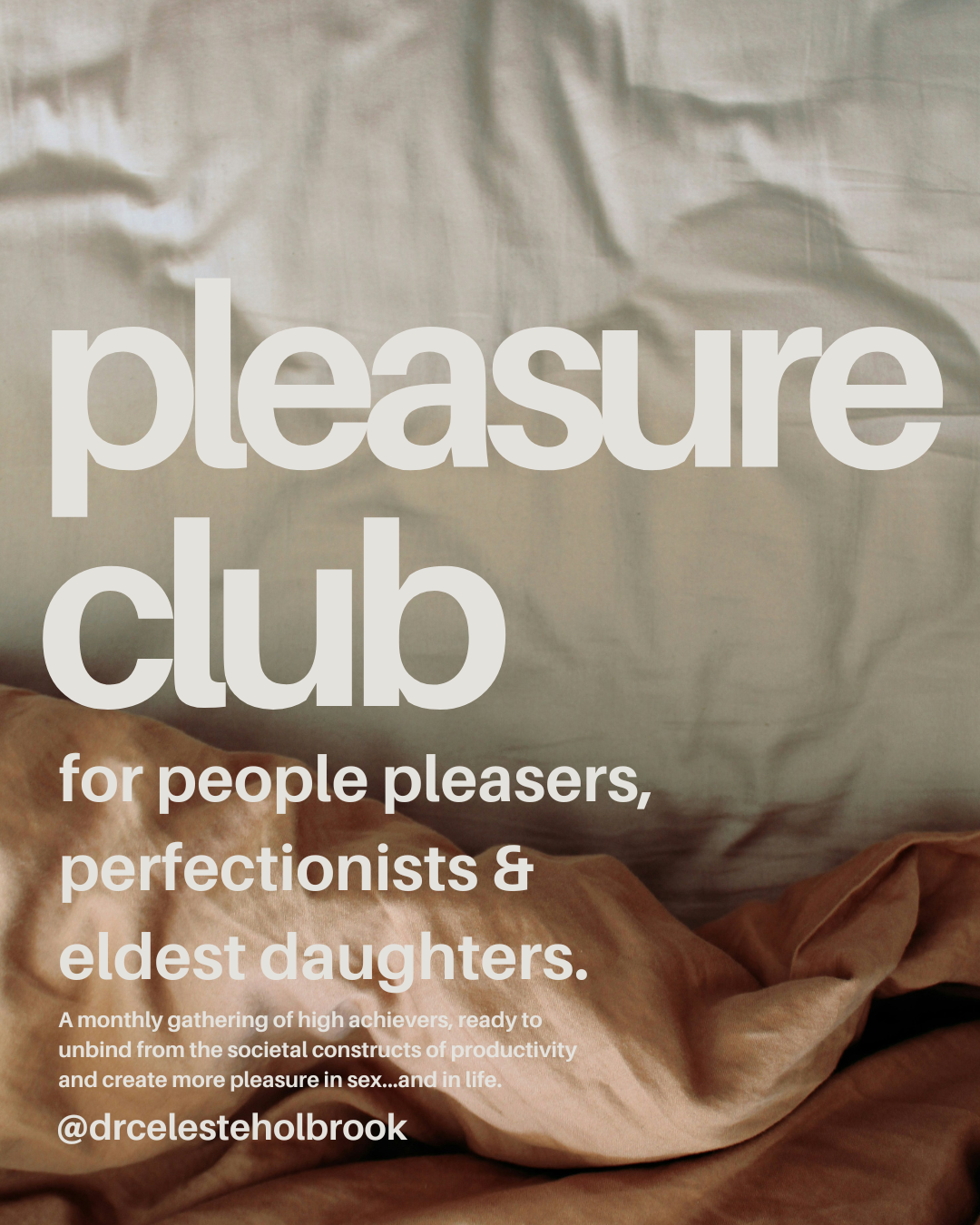The orange elephant in the room
I can't send a newsletter today without addressing the orange elephant in the room. I'm disappointed, angry and sad about the election results. But like many of you, I'm not surprised. I've lived as a Democrat in the deep, bloody red heart of Texas far too long to be blown over when my candidate doesn't win. For 17 years I've voted, in local, state and national elections in Texas. The candidates I vote for have lost 97% of the time. So why continue on? Why continue to lean into hope of a different future?
Because as Austin Channing Brown says, “hope is a duty, not a feeling.”
Especially in times of adversity, hope is an act of resistance against despair and a commitment to the possibility of a better future. Holding on to hope isn’t about ignoring the challenges or pretending they aren’t real; rather, it’s about choosing to believe in the power of change and the possibility of growth, even when evidence is scarce. Hope compels us to keep striving, to keep creating, and to keep imagining new ways forward. It’s an expression of faith in ourselves and in humanity, a promise that we won’t let go of the dream for justice, equity, and kindness. When we embrace hope, we contribute to a collective resilience, inspiring others to take action, to dream, and to keep going. In this way, hope becomes a duty—a responsibility to ourselves and to each other to stay engaged in the ongoing work of building a world worth hoping for.
I'm incredibly privileged. I know you see that word kicked around a lot, but let me tell you how this looks on me. I am white, thin enough, able-bodied, neuro-typical, in a straight relationship which all contribute to not currently experiencing income insecurity.
Whatever happens next, I'm less likely to be affected because I was born with a body the world works harder to protect. Many of you reading my emails are in similar situations. You and I have been given a particular currency, and we need to start spending.
That currency is: CAPACITY.
We have the capacity to listen gently because we have our own therapists. Capacity to advocate with less fear because we are less likely to be hurt. Capacity to use our voice, our time and our money to stand in the gap so others can rest.
Time for you and me to continue spending our capacity to support the community around us who are and will continue to experience harm. I promise you can do it with a broken heart.
Hope is a duty and this is our shift.
Try and come for our job.
Rooting for you!
Don't think pleasure is important right now? Think again!
Pursuing pleasure can play a vital role in sustaining energy, hope, and resilience in social justice work, which is often emotionally and physically demanding. Here’s how pleasure can support and strengthen a commitment to justice:
1. Building Resilience: Social justice work can lead to burnout, compassion fatigue, and even despair, especially when change seems slow. Engaging in pleasurable activities rejuvenates the spirit, building resilience and fortifying the energy needed to continue working for justice.
2. Creating Joyful, Sustainable Movements: Justice work grounded in pleasure is more sustainable over the long term. Many movements thrive when people find joy in community, connection, and shared activities that are energizing and affirming. Celebrating small wins, savoring collective achievements, and enjoying moments of connection can help activists stay motivated and engaged.
3. Reclaiming Humanity and Worth: Marginalized communities have often been deprived of joy and pleasure due to oppression. By embracing pleasure as a radical act, people assert their worth, their right to happiness, and their full humanity. It’s a way of saying, “I am worthy of joy, beauty, and rest,” which directly counters the dehumanization that oppression often brings.
4. Modeling a Vision of a Just World: Social justice isn't just about dismantling harm; it's about building a world where everyone can experience peace, joy, and well-being. Pursuing pleasure models the kind of world we want to create—a world that includes not only safety and equity but also vibrancy, laughter, and fulfillment.
5. Strengthening Relationships and Solidarity: Pleasure can foster deep connections between people, and these connections are the backbone of solidarity. When people come together to share joy and pleasure, they build trust, mutual care, and empathy, which strengthens the foundation for collective action and support.
Incorporating pleasure into justice work doesn’t mean ignoring the struggles—it’s about nourishing ourselves and each other so we can keep pushing forward, energized and inspired to create the world we envision. Pleasure is a powerful tool for imagining and embodying a future where justice and joy coexist.
P.S. If you are interested in Pleasure Club, but do not have the money right now to join, please let me know!
SPOTLIGHT
Here's a way to use your capacity. The Loveland Foundation prioritizes opportunity, access, validation and healing, providing therapy and other resources to communities of color.




